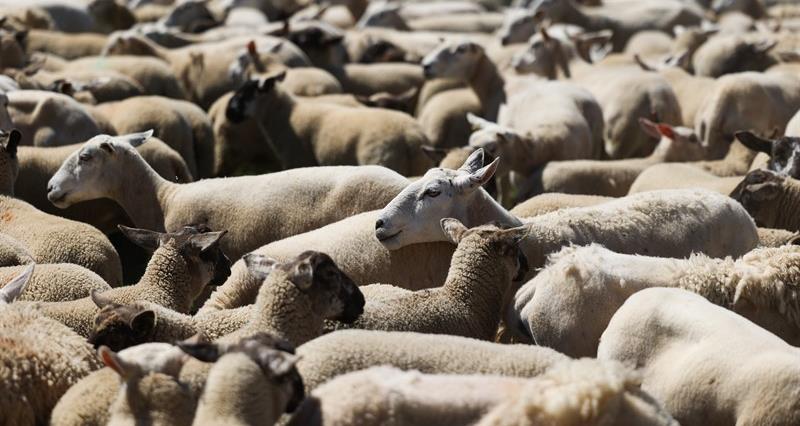At present the EU requires the need for farms to receive ‘regular’ animal health visits by a veterinarian in order for the meat from those animals to be exported to the EU.
The purpose of these farm visits is to verify the absence of Notifiable Diseases, despite the fact that, as a country, the UK is recognised as being ‘free’ of such diseases. Nevertheless, the need for farm visits by vets is accepted by industry and is already being met.
When will the requirement come into force?
Industry had been given a 13 December 2022 deadline to introduce this change. As a result of industry lobbying we have been given a 12-month extension.
NFU Livestock Board chair Richard Findlay said: “We are pleased that Defra has agreed to a 12-month delay in implementing this process and we will work with them to find a solution which can be implemented to meet their specifications, whilst also having the least impact on producers.”
Defra say that from 13 December 2023, farmer declarations will no longer be accepted and this EU requirement must be certified based on other evidence such as membership of a recognised farm assurance scheme or via a valid veterinary declaration.
Unnecessary red tape
“This additional level of red tape will only serve to add an unnecessary burden to an already stretched veterinary sector.”
NFU Livestock Board chair Richard Findlay
This will result in another layer of unnecessary red tape on the livestock sectors.
The change is being implemented with limited industry consultation and, as yet no agreed upon a delivery mechanism.
There is a real possibility that this will result in the ability to export meat to the EU grinding to a halt.
The EU is the destination for over 72% of UK meat exports and a meat market worth an average of £1.3bn a year.
The NFU will continue to argue that this requirement is an unnecessary burden on the industry. However, we will now explore options to provide the necessary certification using existing Food Chain Information.
Farm assurance schemes are exempt
Defra has confirmed that farms already covered by a UK Farm Assurance scheme do not need to meet this new requirement, however there are thousands of animal holdings across Great Britain that do not belong to one of these schemes and will therefore need to have a signed veterinary visit before 13 December.
Veterinary visits at this scale are not achievable.
Shortage of vets
The ongoing shortage of veterinarians has been an issue since we left the EU, which has seen an increased workload for a reduced number of UK vets after many chose to return to the EU.
If Defra implement this UK-only bureaucracy, this will create a bottleneck and farmers will be left waiting a considerable amount of time before a vet would be available to perform the new checks and issue the paperwork required to keep the supply chain moving efficiently.
Government is currently examining excessive bureaucracy and red tape and asking departments to model reducing their headcounts by up to 40% in some cases. However, this new requirement from Defra is taking us in the opposite direction
NFU asks
NFU livestock board chair Richard Findlay said: “British farmers and their vets already work closely together to ensure high standards of animal welfare and food safety.
“This additional level of red tape will only serve to add an unnecessary burden to an already stretched veterinary sector, and pile on further costs to farmers who are already struggling with soaring fertiliser, feed and fuel prices.
“This could seriously impact the livestock sector’s ability to produce affordable red meat, at a time when access to affordable, nutritious, sustainable food is vitally important to people at home and abroad.”
We get the best outcomes for farmers when Defra consults with industry. We believe that the implementation on this new rule is rushed and unnecessary.
We also asking for a digital solution with a database holding this information that can be checked anywhere along the supply chain.
For more information download Support Health Attestation Briefing Document.

